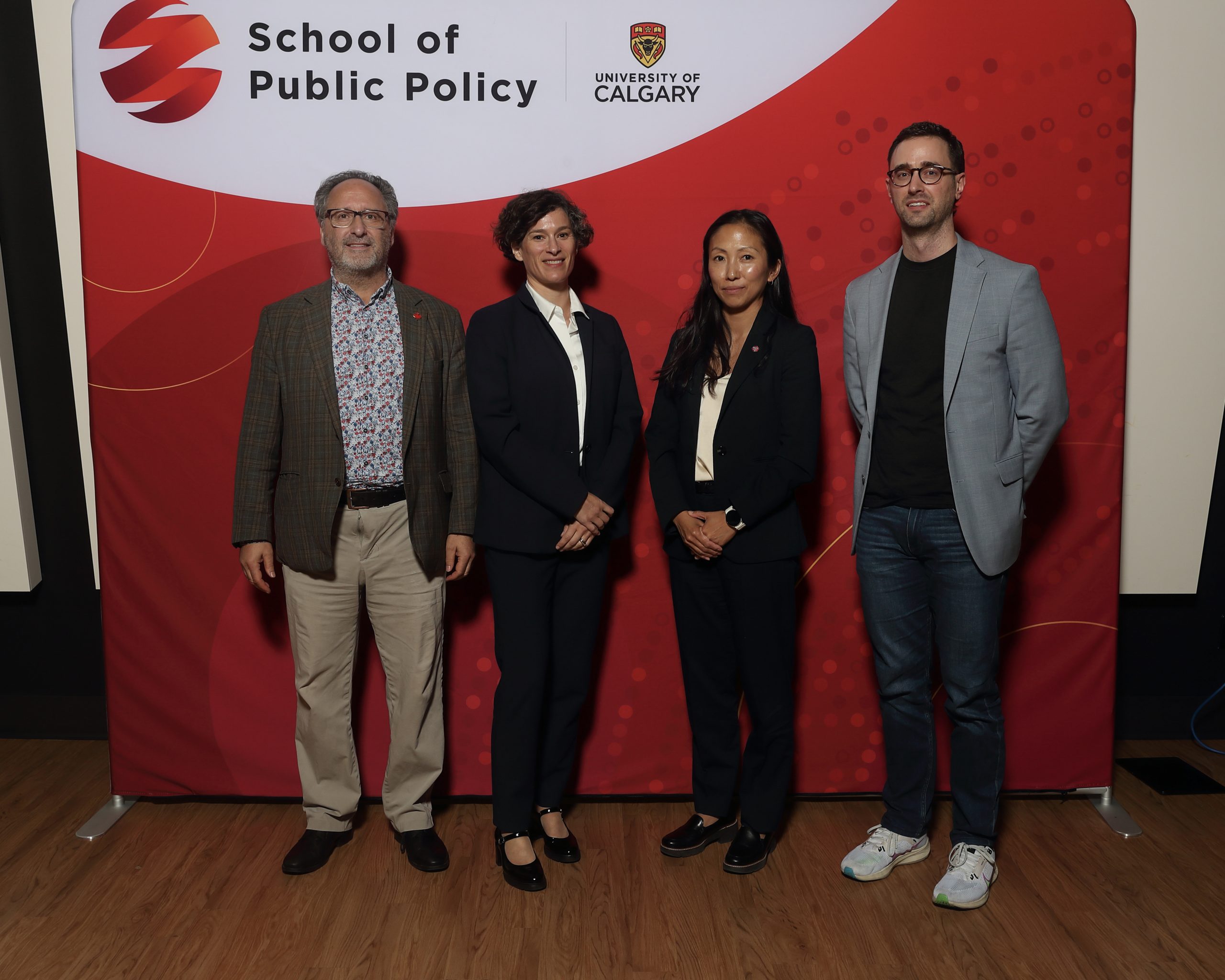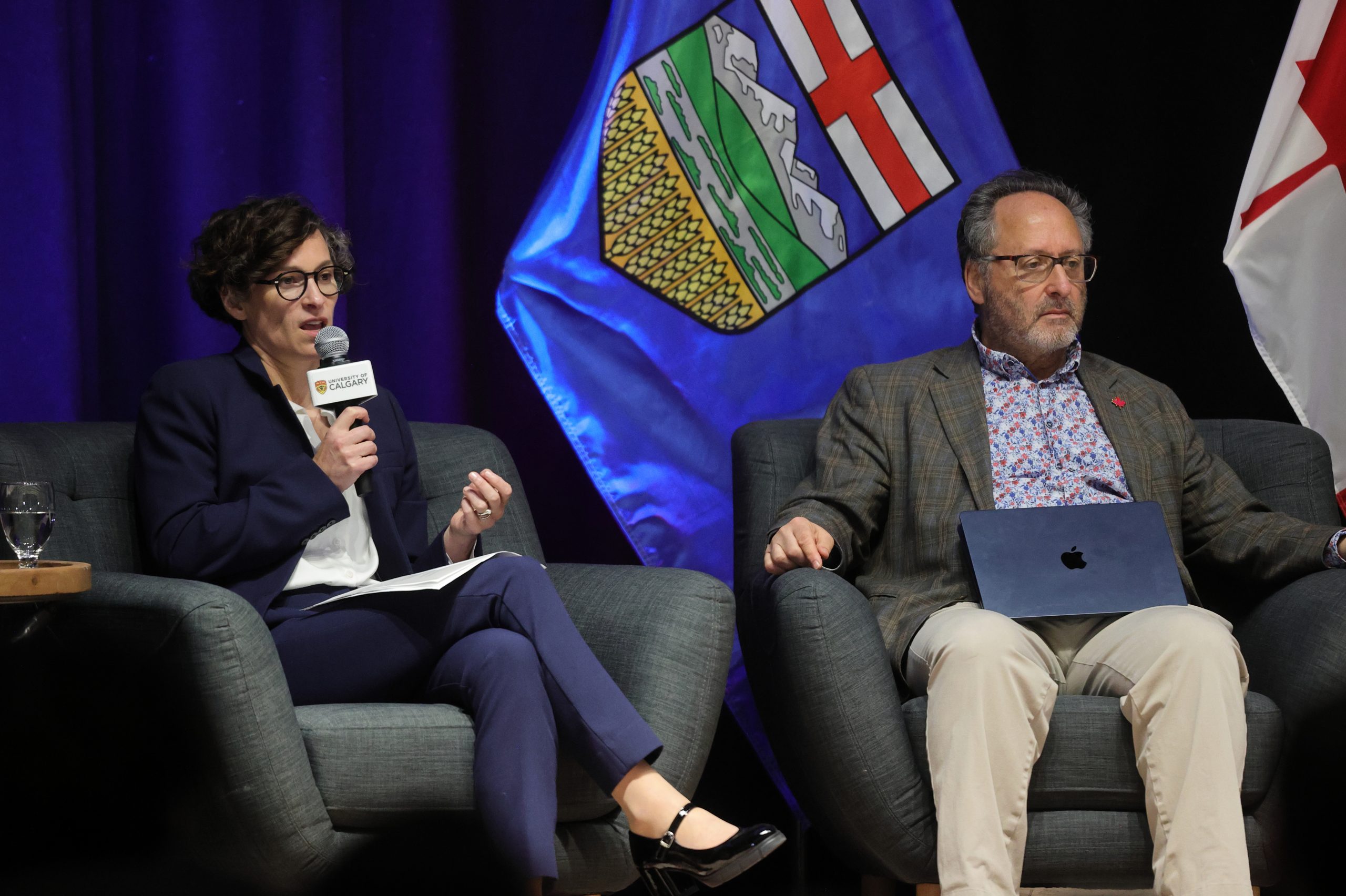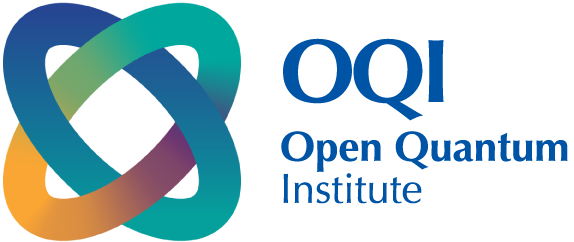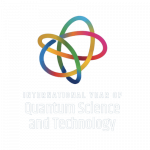OQI advances global dialogue on quantum technology ahead of the G7 Summit 2025
26th June 2025
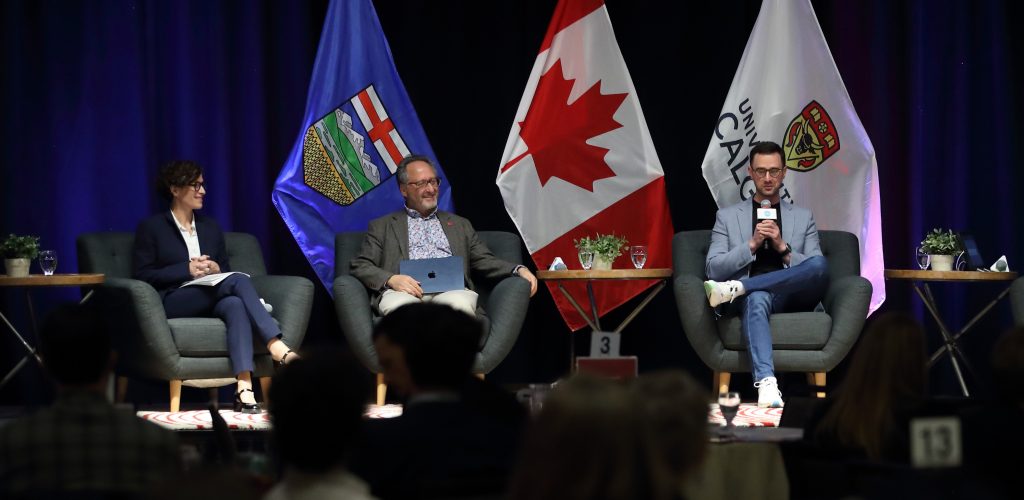
Photos by David Moll / University of Calgary School of Public Policy
On 12th June, the University of Calgary’s School of Public Policy and the G7 Research Group co-organised the Plans and Prospects for the G7 2025 Kananaskis Summit Conference in Calgary, Canada. The conference gathered more than 200 global stakeholders from across academia, government and industry, including Canada’s former Prime Ministers, Ministers and Ambassadors. This pre-summit event explored key topics on the G7 agenda, including energy, energy security and critical minerals, military and economic security and quantum computing, AI and emerging technologies.
Catherine Lefebvre, Applications Lead and Senior Advisor at OQI, took part in a keynote panel on quantum computing, Artificial Intelligence (AI) and emerging technologies – marking the first time quantum technology has been recognised as a top priority for G7 leaders.
Joining Catherine on the panel were Barry Sanders (Scientific Director of Quantum City, Professor at University of Calgary, and Member of OQI’s Advisory Committee), Cam Linke (CEO of AMII) and moderated by Megan Lee (Managing Director of Quantum City). Together, panelists not only outlined the key concepts of quantum and AI, but also their applications. The panel also discussed the challenges in regulating the technologies to ensure responsible and high-impact innovation alongside the existing risks and geopolitical challenges.
OQI’s participation was a unique opportunity to inform global leaders on the importance of a multistakeholder and multilateral approach to the anticipation, development and deployment of technologies such as quantum computing, and illustrate how science diplomacy can be turned into action with concrete activities led by OQI.
OQI also contributed to the Summit briefing publication by the G7 Research Group, shared with participants during the Summit and now available online, to present our approach to the global governance of quantum computing for the Sustainable Development Goals (SDGs). OQI’s contribution can be found on page 70 of the publication, and summarises the latest Intelligence Report on Quantum Diplomacy.
In the International Year of Quantum Science and Technology (IYQ), the 2025 G7 Summit marks a defining opportunity for global leaders to support the advance of sustainable and inclusive quantum innovation, and ensure it is developed for the benefit of society and our planet. And we can already see the impact of engaging in a diplomatic dialogue. In a recent statement, G7 leaders share a common vision for the future of quantum technologies, acknowledging key areas of work, including the necessity of international multistakeholder collaboration, developing beneficial applications of the technology, promoting trust and increasing understanding of its risks.
